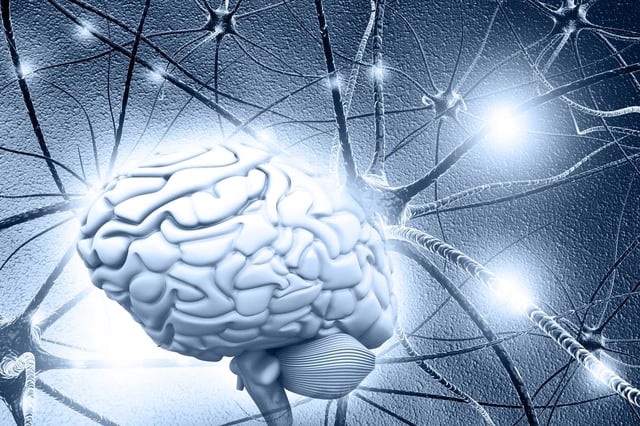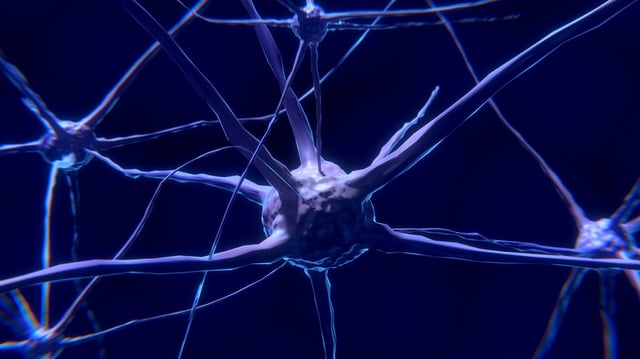Overview
- Nature Metabolism research shows that tau protein physically binds to glycogen in neurons, preventing its breakdown and promoting oxidative damage.
- Restoring glycogen phosphorylase (GlyP) activity reduces tau aggregation and neuronal damage by channeling glucose into the pentose phosphate pathway for NADPH and glutathione synthesis.
- Dietary restriction naturally boosts GlyP activity and extends lifespan in tauopathy fruit flies by enhancing oxidative stress defenses.
- Pharmacological activation with 8-Br-cAMP replicates the benefits of dietary restriction by stimulating neuronal glycogen breakdown.
- The study highlights that GLP-1 receptor agonists used for weight loss may confer dementia protection by mimicking GlyP-driven antioxidant effects.


